Back to Courses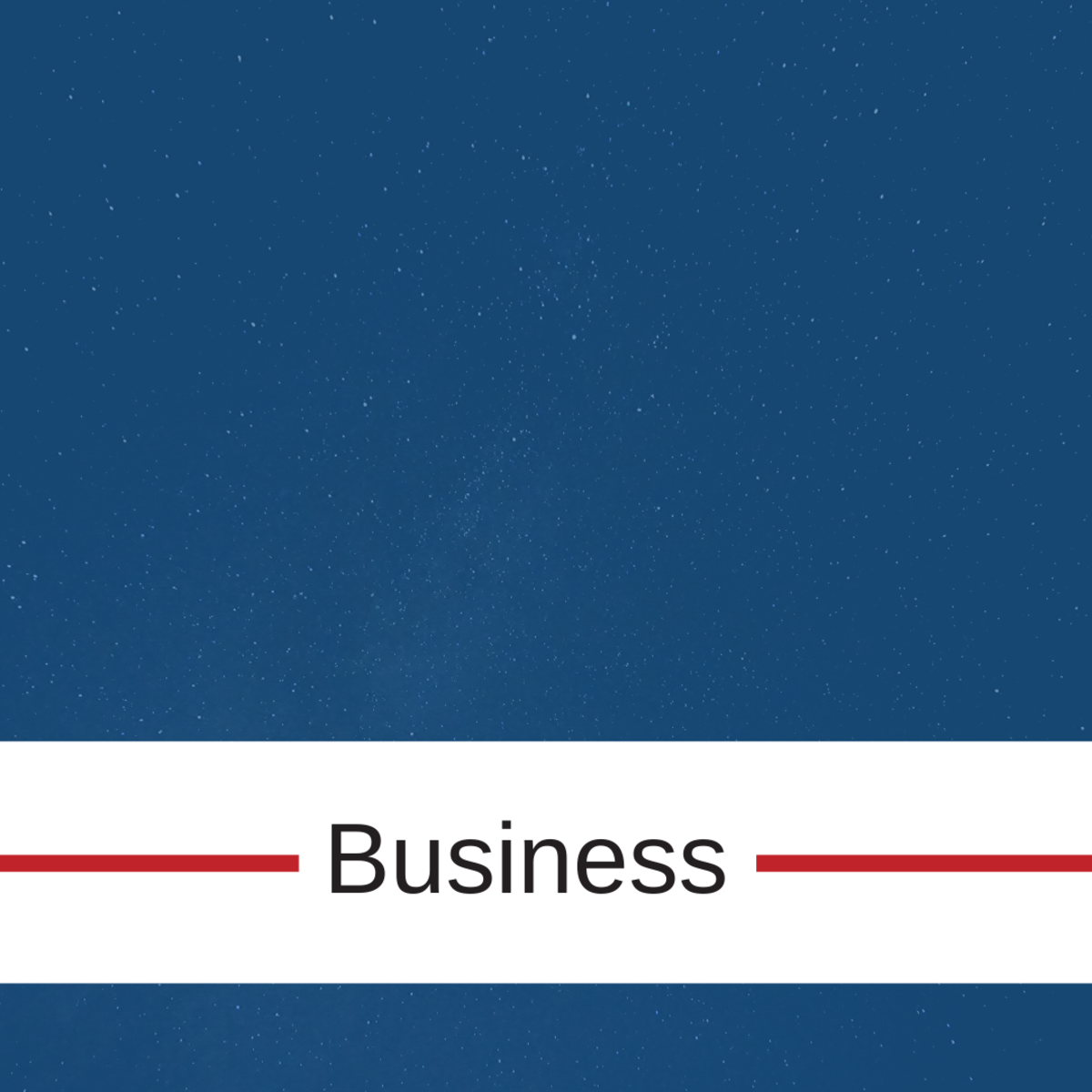

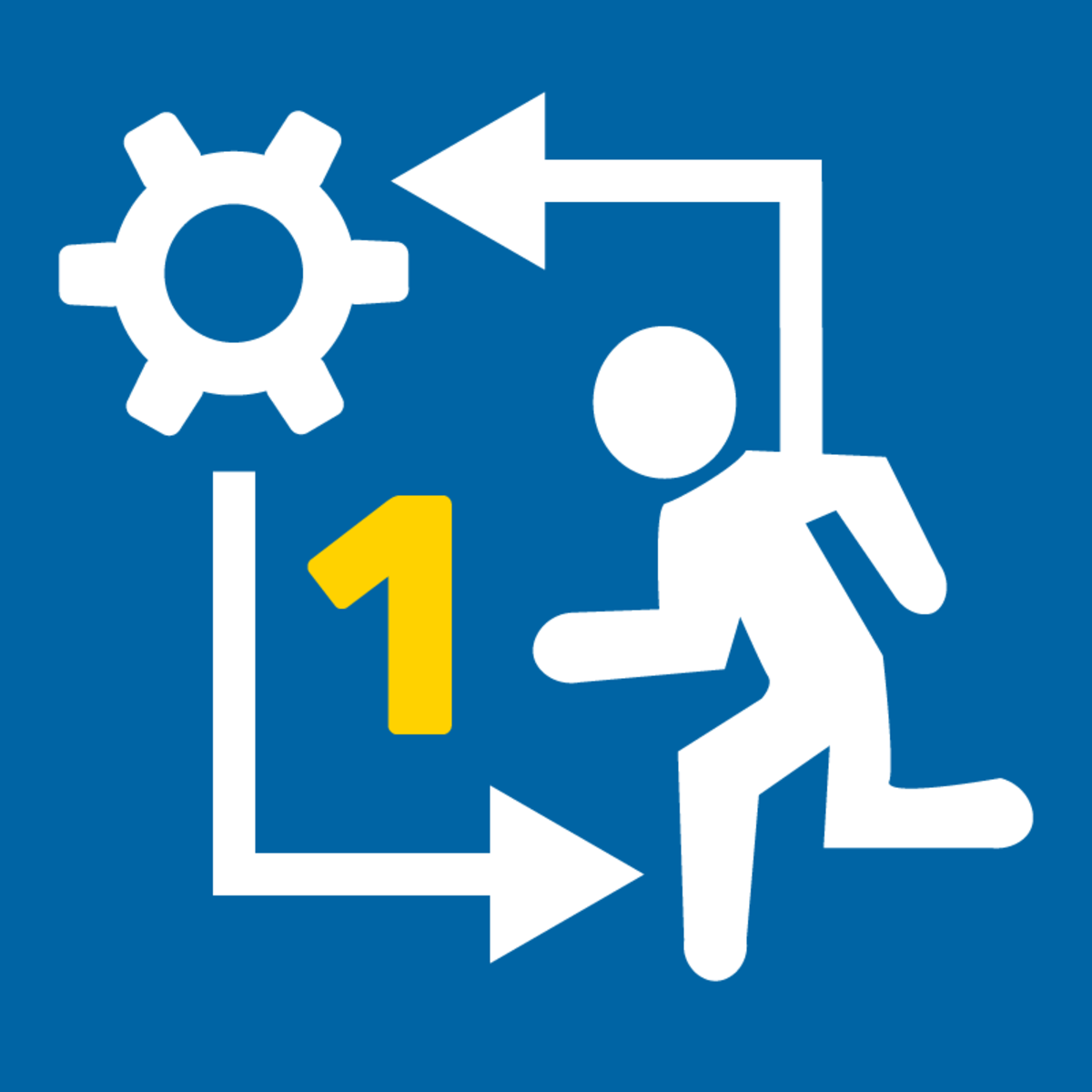
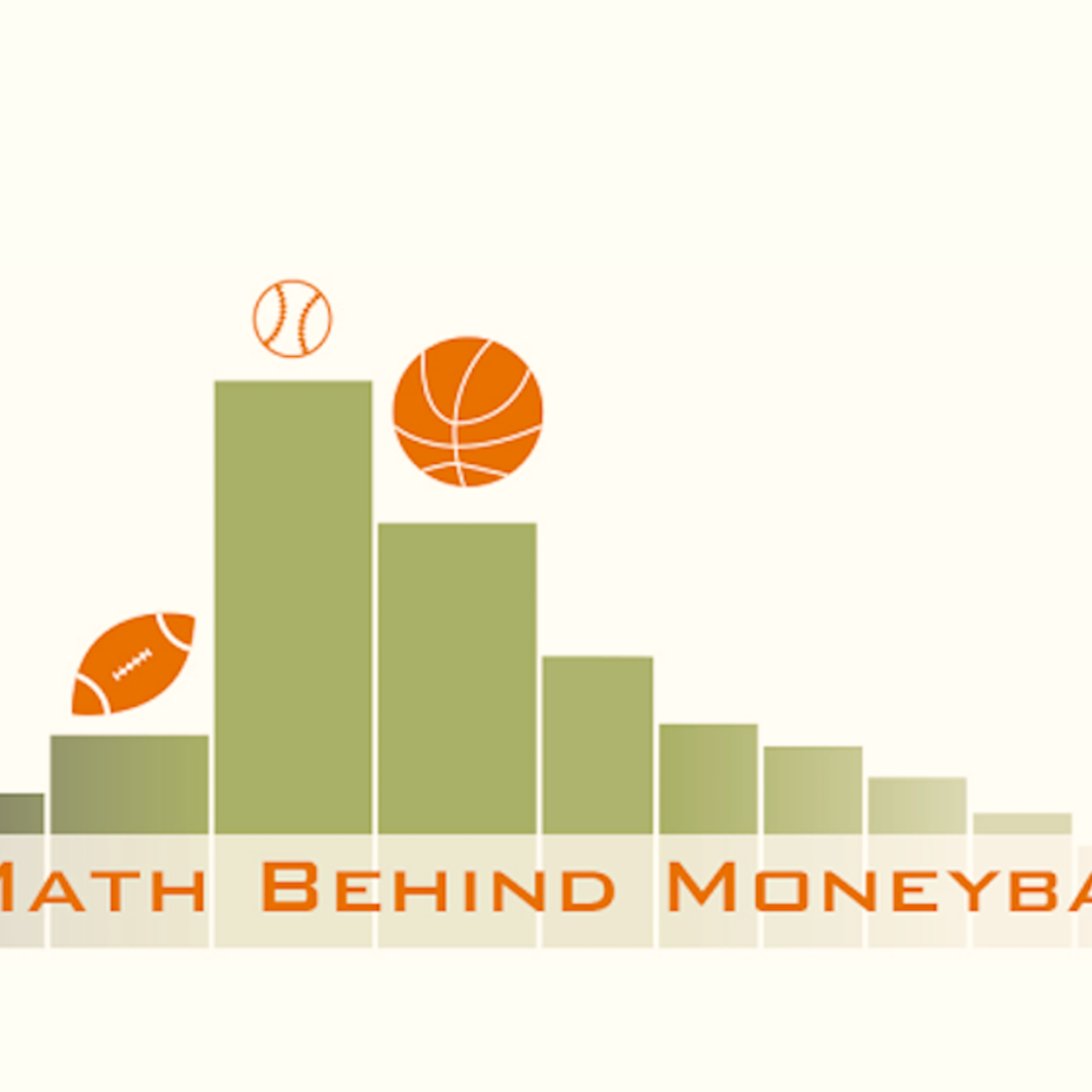

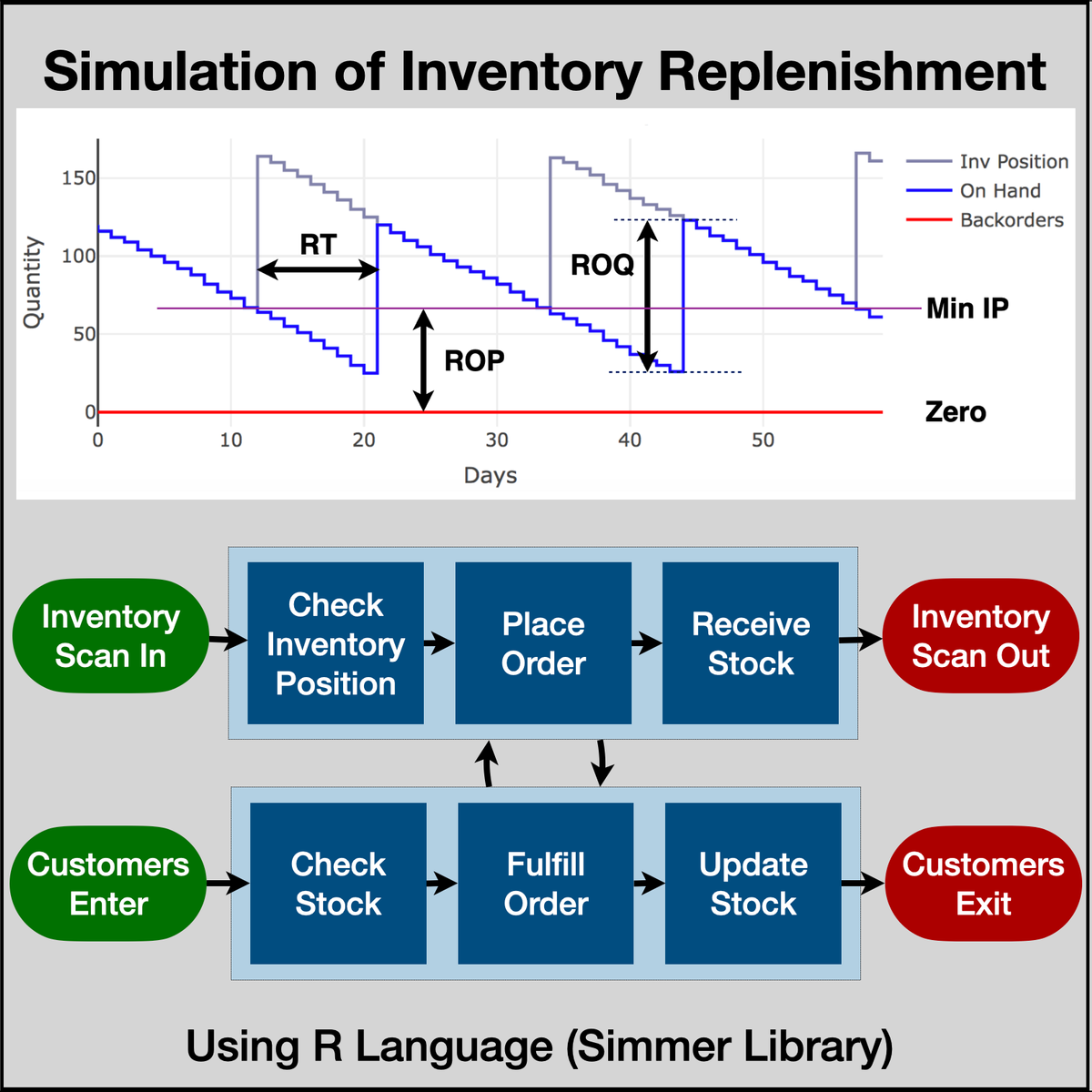
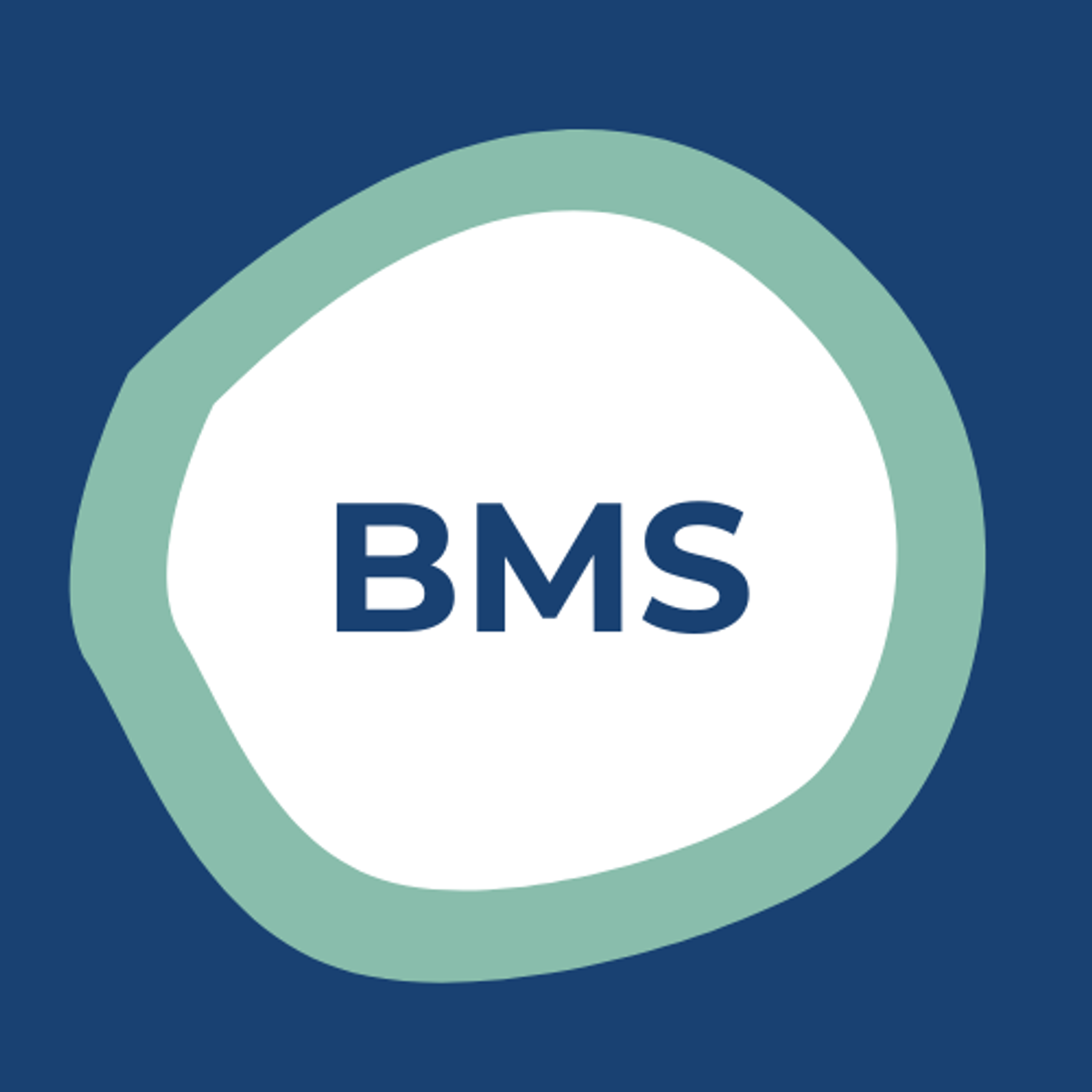


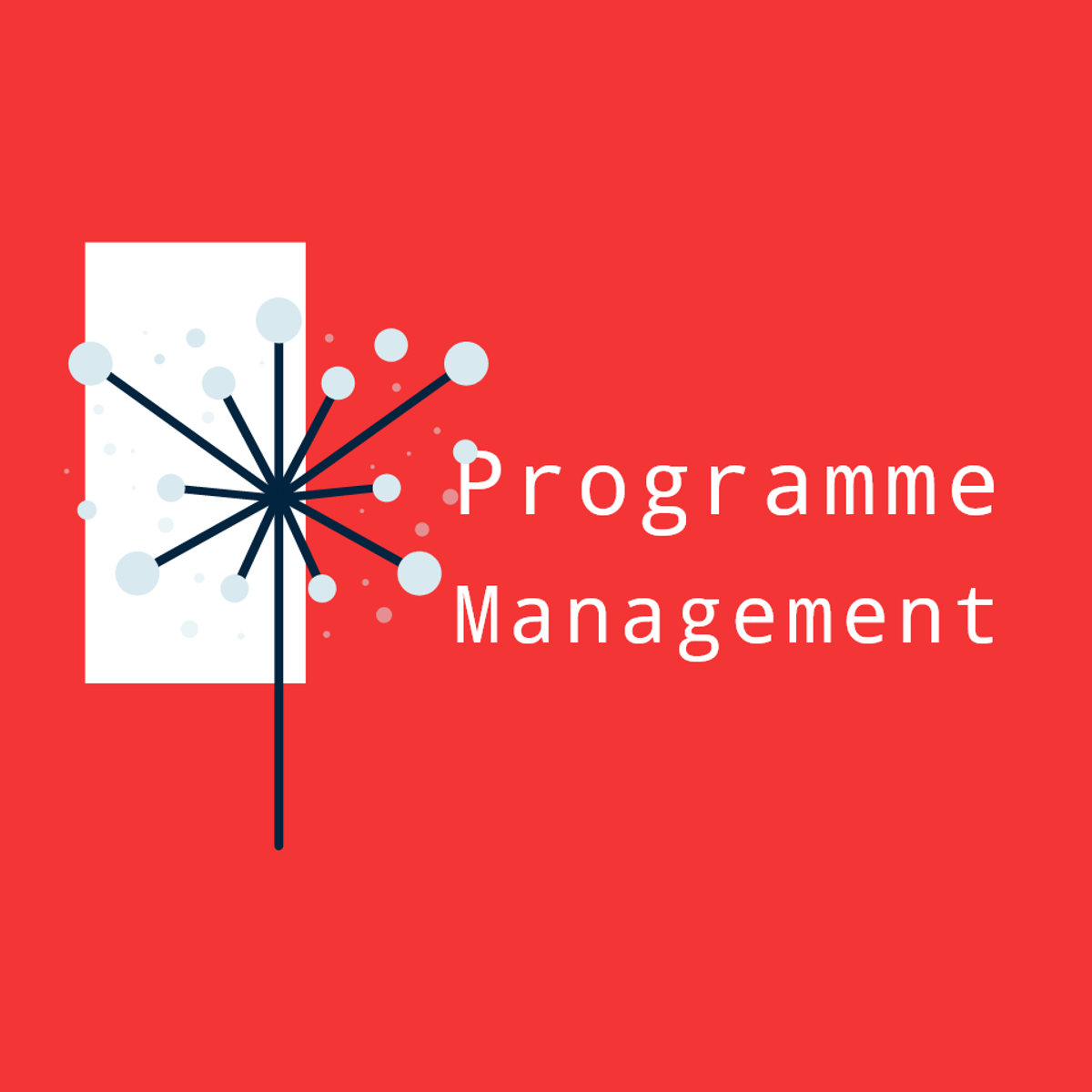
Leadership And Management Courses - Page 44
Showing results 431-440 of 600

Create Informative Presentations with Google Slides
By the end of this project, you will create a Google Slide that contains an introduction, visuals, linked charts, and a conclusion. You will learn how to create a presentation that is informative and captures an audience's attention. You will also learn how to link charts from Google Sheets into your presentation that will synchronize as data changes.
Note: This course works best for learners who are based in the North America region. We’re currently working on providing the same experience in other regions.

Business Sustainability in the Circular Economy
We are surrounded by so much discussion of sustainability that it can sometimes become overwhelming. Important questions include: What role can business have in ensuring the sustainability of the planet? How should business work with society to preserve the environment? These questions will be answered in this course as we explore the meaning of sustainability and its impact on modern organisations as they move to circular ideas to reduce waste, increase recycling and become fit for our modern society. In the course you will not only learn about the role of business in sustainability, but also your own personal contribution.
In addition to environmental issues we will also reflect on how employees are pressuring firms to see themselves as a positive part of the wider society. The specific topics we will cover include: Paris Climate Accord, Carbon Footprint, the circular economy, reverse logistics, recycling strategies, right to repair, Corporate Social Responsibility, Bottom of the Pyramid and developing economies, and fair trade business models. By the end of the course, your understanding of sustainability and business's relationship with society will have increased considerably. You will develop new skills in research and analysis and will have lots of new ideas to take away with you and apply in your own organisation and your own working life.

Project Execution
Project Execution has many challenges and a good project must learn how to execute projects and adjust to changes that may derail your project plans in the traditional and agile project management environments. In this course, the student will define direct and manage project work and knowledge.
By the end of this course, you will be able to:
- Direct and manage project work by preparing proactively for changes that lead to adjusting and re-planning your projects to success.
- Conduct project execution according to project plans in both the traditional and Agile project management environments and effectively manage resources throughout project execution.

Math behind Moneyball
Learn how probability, math, and statistics can be used to help baseball, football and basketball teams improve, player and lineup selection as well as in game strategy.

Career Self-Management Advanced Certification
In the business world, modern organizations conduct corporate retreats on a regular basis to consider their strategic direction, review progress, and set up goals and objectives for the year. In this course you will use the same approach to organize, strategize, re-energize, and re-invigorate your career building activities. The final Capstone Project is designed as an annual retreat aimed at facilitating your ability to step back from day-to-day demands and strategically focus on gaining a competitive edge on the job market by investigating new opportunities for career growth, conducting a thorough audit of your skill-building and self-marketing strategies, and developing new ways to enhance and showcase your marketable skills. The Capstone Project will allow you to integrate concepts and tools from the entire Career Brand Management specialization to effectively manage your career brand and increase personal effectiveness.
Some unique program highlights:
• The Capstone Project is designed as a virtual training and development facility where you will engage in career investigation research, self-audit, and creating evidence-based portfolios, professional development plans, self-marketing and personal branding strategies, presentations, and public profiles;
• You’ll be actively working with your cohort (study group members) to review their work and receive peer feedback;
• You may also use the Capstone as a “career fitness gym” and work independently on a project where you will share your results with others and receive peer feedback. Examples of these projects include but are not limited to developing a self-marketing plan, creating a new digital artifact, developing communication strategy, working on a job application, creating a selection criteria statement, and looking for best practices and self-assessment tools;
• It is completely self-paced; you may want to either do it as a 4-week course, or focus and complete in just 3-4 days.
Overall, the Capstone Project will help you organize yourself, fine tune your self-management information system, provide a framework for strategic self-management, and serve as an effective self-coaching support system. In the end, you will be well positioned to succeed in the marketplace as the CEO of your own career!

Simulation of Inventory Replenishment Using R Simmer
By the end of this project, you will gain introductiory knowledge of Discrete Event Simulation, Inventory Replenishment, be able to use R Studio and Simmer library, create statistical variables required for simulation, define process trajectory, define and assign resources, define arrivals (eg. incoming customers / work units), run simulation in R, store results in data frames, plot charts and interpret the results.

Business Models For Sustainability
We can no longer ignore humans’ negative impact on the planet. While some parts of the world still can close their eyes to shared and global sustainability challenges, the negative consequences of human activity in other parts of the world have increasingly detrimental effects on the planet and people’s lives. For example, in recent years, global warming is leading to heavy rainfall at unusual times of the year. As a result, in India, some farmers have lost their entire cotton harvest. We also begin to see and understand the negative impacts of global plastic use and waste on nature, animals, and the things we eat.
Change towards sustainability needs to happen at many levels of our societies. Global business activities are one of the major causes of the current situation. However, businesses also holds great potential to take the lead in creating more sustainable organizations and practices. In this course, we explore the role that businesses can play in actively transforming their operations and society as a whole towards sustainability and prosperity for all.
This course was created by some of the leading researchers on business model theory and social entrepreneurship in Europe in collaboration with both small and large companies across various sectors investing in sustainable business model innovation. This course provides an overview of sustainable business model theory and innovation and discusses business models as essential tools in transforming to more sustainable businesses. Throughout the course, we will use the theory of sustainable business models and sustainable business model innovation as a foundation to investigate how companies can implement more sustainable business practices. We will provide you with a rich opportunity to examine their efforts and consider strategies for your organization. We would greatly appreciate if you would also enlighten us with business examples from your countries to discover new ways of dealing with sustainability together.
By the end of the course, you will have an understanding of some challenges and opportunities companies face in their work towards creating more sustainable business models. You will be able to explain, discuss, and critically use the sustainable business model theory and tools to manage innovation towards more sustainable practices.
We have developed this course in close collaboration with an amazing group of people who have contributed with their knowledge and practical experiences, and we have learned so much. We are very excited to continue this journey with you and hope you will find the course insightful, useful, and inspiring. Let’s get started!

Setting Expectations & Assessing Performance Issues
If you don’t know where you are going, any road will take you there. One of the most important roles of a manager is to ensure everyone knows the destination. The most effective managers set expectations and assess their employees’ performance against those expectations, and take a coaching approach to helping them get to the destination. That’s exactly what you’ll learn to do in this course!
You will explore how to collaboratively develop expectations with those you lead. When you encounter expectations that are not being met, you’ll learn how to use "Coaching Algebra" to determine the underlying issues that are impeding performance, and how to respond as a manger-coach.
We look forward to you joining us as we explore these essential coaching topics!

SAP Implement, Monitor & QA Testing
SAP Implement, Monitor and QA/Testing is the fifth course in the SAP Technology Consultant Professional Certificate program. You’ll learn how to collaborate with stakeholders and other SAP professionals for key phases in the SAP Implementation lifecycle.
You’ll explore how to build and prepare system and test environments for implementation and look at different types of testing. You’ll learn how to cleanse and anonymize test data, use automation tools, set up containers using Docker, and deploy Docker images to Kubernetes. You’ll look at SAP Best Practice Explorer and build your understanding of baseline configurations and integrations. You’ll learn how to document issues, bugs, and recommended fixes after testing. Plus, you’ll look at the process for going-live and getting sign off for a project.
By the end of this course, you will be able to:
Explain what a technology consultant does in the implement, monitor and QA/testing phases of the SAP lifecycle.
Implement and deploy a technical solution approved in the design, pitch, and re-design phases.
Explain how to test an implemented technical solution including creating test plans, writing test scripts, and issuing fix or bug resolutions.
Explain how to conduct a post-implementation review including developing the Post-Implementation Review Report and the Post-Production Roadmap.

Program Change Management in ClickUp
By the end of this guided project, you will be fluent in creating Program Change Management artefacts for the Planning Phase for diverse programs. You will utilise a logical diagramming plan in an agile environment to develop the solution. This will enable you to identify and classify the required components for change planning and management. Furthermore, it will help develop a structural model for learning about the field of Program Management.
If you are interested in building up the knowledge leading to this guided project, the following is the link to:
[ Developing Programme Management Blueprint with ClickUp]
https://www.coursera.org/projects/program-blueprint
[Advanced Programme Planning Phases Framework in ClickUp]
https://www.coursera.org/projects/program-advanced-planning
This Guided Project is essential for individuals wanting to learn about the field, or looking to transition into working in Program Management. This guided project is designed to engage and harness your visionary and exploratory abilities. You will use proven models in an agile environment with ClickUp to engage in a hands-on learning experience.
Popular Internships and Jobs by Categories
Browse
© 2024 BoostGrad | All rights reserved


